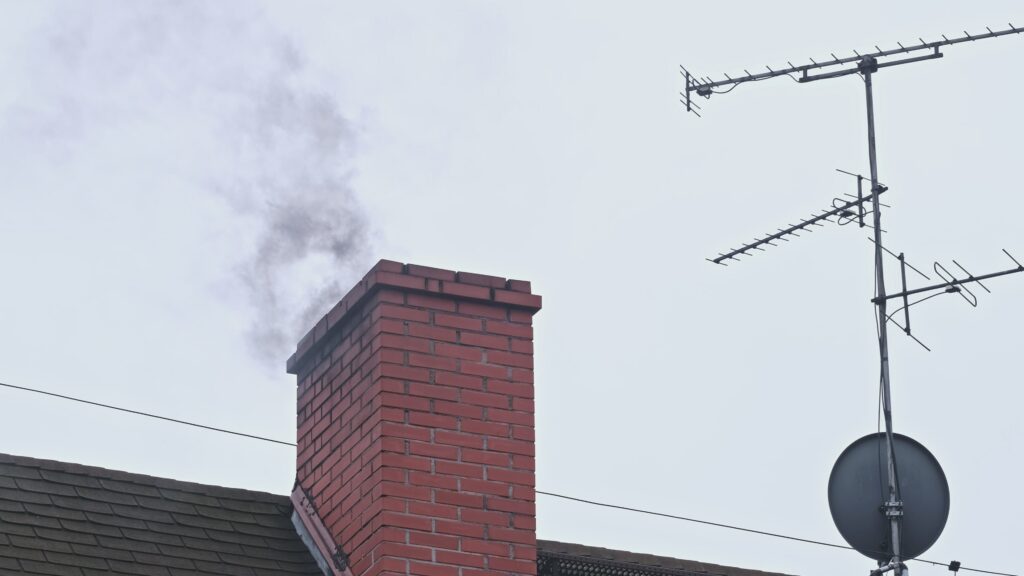2024 PhD Project

About The Project
In June 2019, the UK Government committed to achieving a 100% reduction of greenhouse gas emissions by 2050, known as the Net Zero target. One of the biggest challenges to reaching this goal is the current state of residential and commercial buildings in the UK, referred to collectively as the built environment, which are responsible for approximately 40% of the UK’s emissions. The UK has the oldest and coldest housing stock in Europe with 28 million homes and 6 million commercial properties requiring some form of intervention to reduce emissions, a process known as retrofitting.
Other challenges to achieving the Net Zero target are skills gap in the design and construction professions, a cost-of-living crisis, and inconsistent government policy that is being rolled out too slowly and is often met with resistance from homeowners who believe that such approaches contravene their freedom. With the climate emergency now a top priority, this project looks to explore what can be done to tackle these challenges in Nottinghamshire, and consider the potential effectiveness of a grassroots citizen-based approach.
Nottingham Green Meadows is a community project aimed at providing practical knowledge, skills and support to enable residents of the Meadows area to take actions related to climate change. One key aspect of the project is a series of practical courses designed to teach Meadows’ residents how to retrofit their own homes to reduce emissions. The climate crisis is fundamentally a social justice issue, as its impacts are unequally distributed across society, therefore this project aims to contribute to lowering domestic carbon emissions in the Meadows area and ensure that the financial and wellbeing benefits are felt across the community.
This PhD project will employ a participatory approach embedded within the Green Meadows project, engaging with those undertaking practical retrofit courses, and conducting interviews or focus groups with members of the local community who have varying involvement with the Green Meadows project. This research will also identify the factors which enable, and prevent, people from diverse backgrounds from engaging with these potential solutions.
Project Aims
The overarching aims of the project are:
- To understand the role of simple and affordable DIY energy efficient retrofit solutions in local, regional, and national aspirations in meeting Net Zero targets
- To identify the cultural, psychological, and structural facilitators and barriers to the uptake of energy-efficient home improvements among different groups of people, based on engagement with the established Nottingham Green Meadows community project
- To understand how to promote uptake of DIY energy efficient retrofit solutions among diverse groups, including those that are marginalised or face greater degrees of socio-economic challenges, in order to pursue a socially just transition to Net Zero.
The Project Team
- PhD Candidate: Tracey Hylton, UoN
- Lead Academic Supervisor: Dr Charles Ogunbode, UoN
- Academic Co-Supervisor: Professor Richard Bull, NTU
- Community Supervisor: Heather Ince, Green Meadows Project
